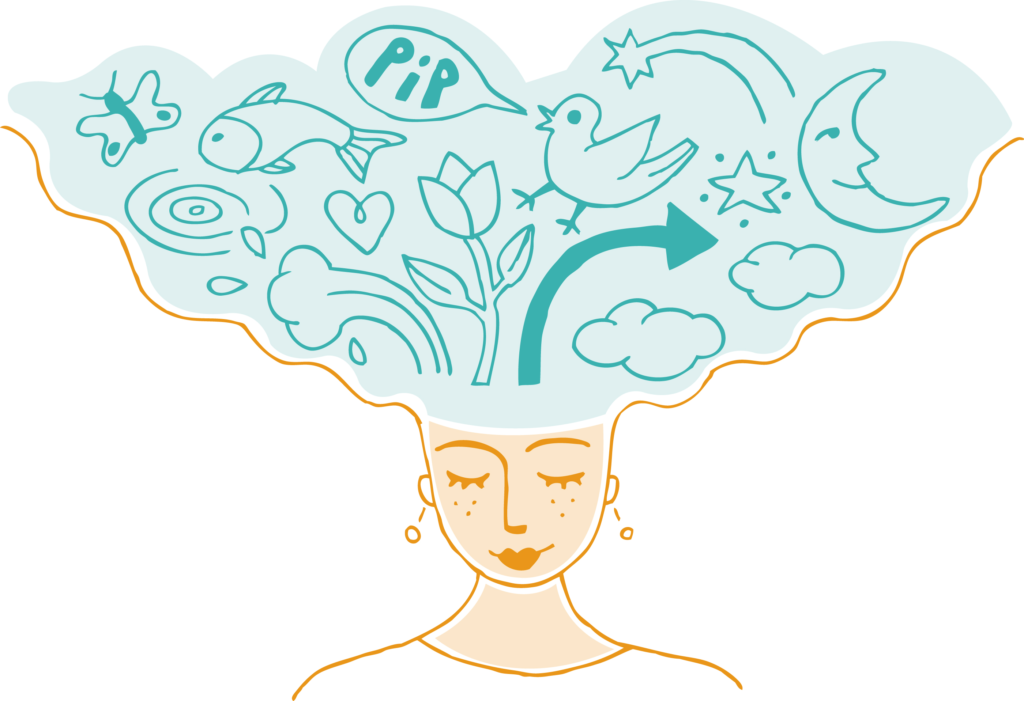After a long and demanding day in the corporate world, it’s easy to fall into the habit of simply crashing on the couch and mindlessly watching TV or indulging in other vices to unwind. However, this approach may not provide the genuine relaxation and rejuvenation needed to maintain a healthy work-life balance and achieve long-term fulfillment. Here are 10 research-backed activities that can help you make the most of your evenings, even in the hustle and bustle of a big city:
1. Practice mindfulness meditation: Studies have shown that mindfulness meditation can reduce stress, improve emotional regulation, and enhance overall well-being. Set aside 10-15 minutes after work to sit quietly, focus on your breath, and observe your thoughts without judgment. Apps like Headspace or Calm can guide you through the process.

2. Engage in low-impact exercise: Gentle exercise, such as yoga, stretching, or a leisurely walk, can help you transition from work mode to relaxation mode. Research indicates that regular low-intensity exercise can improve mood, reduce anxiety, and promote better sleep. Consider joining a yoga studio near your workplace or home to make it a consistent part of your routine.

3. Connect with loved ones: Prioritize quality time with your partner, family, or friends. Engage in meaningful conversations, share a meal, or participate in a shared hobby. Strong social connections have been linked to increased happiness, resilience, and longevity.

4. Pursue a creative hobby: Engaging in creative activities, such as painting, writing, or playing music, can provide a sense of accomplishment and help you detach from work-related stress. Set aside dedicated time each evening to explore your creative passions without pressure or expectations.

5. Implement a digital detox: Constant exposure to screens and technology can contribute to feelings of stress and anxiety. Establish a cut-off time for work-related emails and social media, and instead, focus on activities that don’t involve screens, such as reading a book, solving puzzles, or engaging in conversation.

6. Practice gratitude: Take a few minutes each evening to reflect on the positive aspects of your day and express gratitude for them. Research shows that regular gratitude practice can improve overall well-being, increase optimism, and strengthen relationships. Consider keeping a gratitude journal or sharing your thoughts with your partner.

7. Engage in relaxation techniques: Incorporate relaxation techniques, such as deep breathing exercises, progressive muscle relaxation, or guided imagery, into your evening routine. These practices have been shown to reduce stress, lower blood pressure, and promote a sense of calm.

8. Create a soothing environment: Transform your living space into a relaxing sanctuary by decluttering, adding plants, and using calming colors and lighting. Studies have found that exposure to nature and a pleasant environment can reduce stress and improve mood. Consider investing in comfortable furniture, soft textiles, and soothing scents to create a peaceful atmosphere.

9. Prioritize sleep hygiene: Establishing a consistent sleep schedule and creating a relaxing bedtime routine can significantly improve the quality of your sleep and overall well-being. Aim to wind down at least an hour before bed, avoiding stimulating activities and screens. Create a cool, dark, and quiet sleep environment to promote optimal rest.

10. Embrace micro-adventures: Infuse your evenings with a sense of novelty and excitement by planning small, achievable adventures. This could include trying a new restaurant, attending a cultural event, or exploring a different neighborhood in your city. Stepping outside your comfort zone and engaging in new experiences can boost creativity, reduce stress, and create lasting memories. “Tip your toes in a pool of possibilities” – New Girl

Remember, the key to optimizing your evenings is to be intentional and consistent in your choices. By prioritizing activities that promote relaxation, connection, and personal growth, you can cultivate a more fulfilling life outside of work and build resilience to face the challenges of the corporate world.
Trusted Tools & Services
I genuinely use these every day. If you sign up through these links, we both get a win.
Lifestyle & Ridesharing
Finance & Investing
M1 Finance
Get $75 when you sign up and fund a new investment account with $100 or more.
Robinhood
Get fractional shares worth $5-$200 when you sign up and link your bank.
Chase Sapphire Reserve® & Preferred®
Earn 125,000 points with Sapphire Reserve® or 75,000 bonus points with Sapphire Preferred®.
Chase Business Cards
Earn 200,000 bonus points with Sapphire Reserve for Business℠ or up to $1,000 cash back.
Venmo
Both you and your friend earn $5 when they make a qualifying payment of at least $5.
Webull
Join today and get up to 20 free stocks when you fund your account.
Coinbase & Coinbase One
Join Coinbase. Coinbase One members get $10 off next month per referral.
Monarch Money
My favorite tool for tracking all my finances in one place. Try it free for 30 days.
Kalshi
Trade on real-world events. Sign up and we both get $25.
